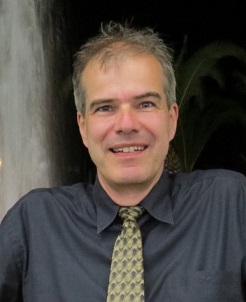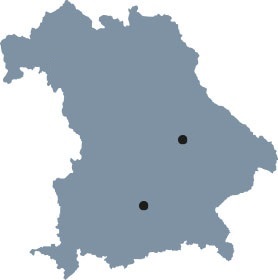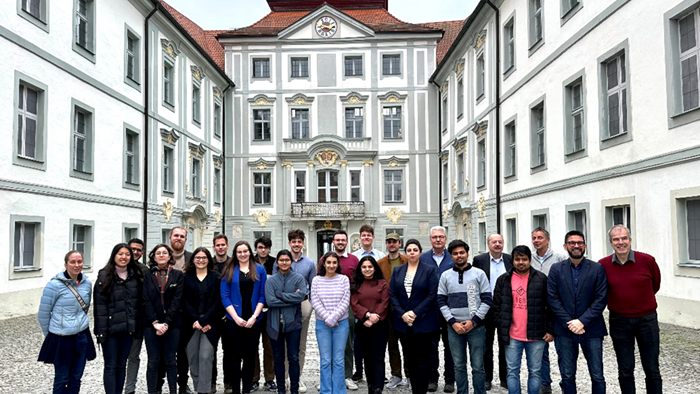Photo-Electro Catalysis (PEC)
Chemical reactions occur when the total energy of the resulting products is lower than that of the starting materials. This is traditionally achieved through the use of high-energy reagents which, in addition to the desired synthesis of valuable products (e.g. biofuels, pharmaceuticals), produce low-energy by-products that have to be disposed of as waste. PEC (Photo-Electro Catalysis: chemical catalysis with photonic or electrical energy input) develops alternatives in which the auxiliary materials are replaced by light or electrical energy.
| Degree | PhD |
| Duration of study | Three years |
| Place of study | Regensburg, Munich (TUM) |
| Admission requirements | Master's degree in chemistry or similar fields. Fast track candidates can also apply. |
| Language | English |
| Application deadline | Continuous |
| Head | Prof. Dr. Oliver Reiser |
| Coordinator | Dr. Anja Stromeck-Faderl Contact the coordinator |
| Further information | Website "Photo-Electro Catalysis" |
New routes for energetically unfavorable reactions
The International Doctoral Program "Photo-Electro Catalysis (PEC)" funded by the Elite Network of Bavaria qualifies doctoral students to carry out research projects that are innovative in terms of content and methodologically state-of-the-art within the paradigm of using light and electricity for energetically unfavorable chemical syntheses. Chemical reactions require energy to take place. Starting molecules with a high chemical energy content are converted into low-energy products.
Typical in syntheses is the linking of an energy-consuming target reaction with an energy-yielding side reaction using high-energy, ecologically, and economically suboptimal reagents, whereby "used" molecules must be disposed of as waste since they can usually not be recycled or only with very high energy input. In PEC, chemical processes are developed that use light and electrical energy to bring reactants into an activated state that obviates high-energy reagents.


The structure of an International Doctorate Program with academic and industrial partners offers optimal conditions to meet the challenges for the urgently needed reorientation of chemical syntheses.
Prof. Dr. Oliver Reiser
Application-oriented basic research
The International Doctoral Program "Photo-Electro Catalysis" is characterized by basic research projects with a clear vision for application-oriented questions that are of outstanding importance for the energy transition of the chemical industry. This is achieved through the integration of industrial mentors from top companies in the chemical industry, who support doctoral students in their research projects. Academic and industrial cooperation partners in Germany and abroad offer the opportunity for research stays within the framework of cooperation. The college optimally prepares doctoral students for the change in synthetic chemistry toward energy-efficient and resource-saving methods.
Snippets of the program
Einblicke in die Forschungsarbeit
From Bulk to Value
Während meines Forschungsaufenthalts an der Universität Amsterdam bei Prof. Dr. Timothy Noël untersuchte ich Methoden zur direkten C(sp³)–H-Funktionalisierung für wertvolle Molekülgerüste.



